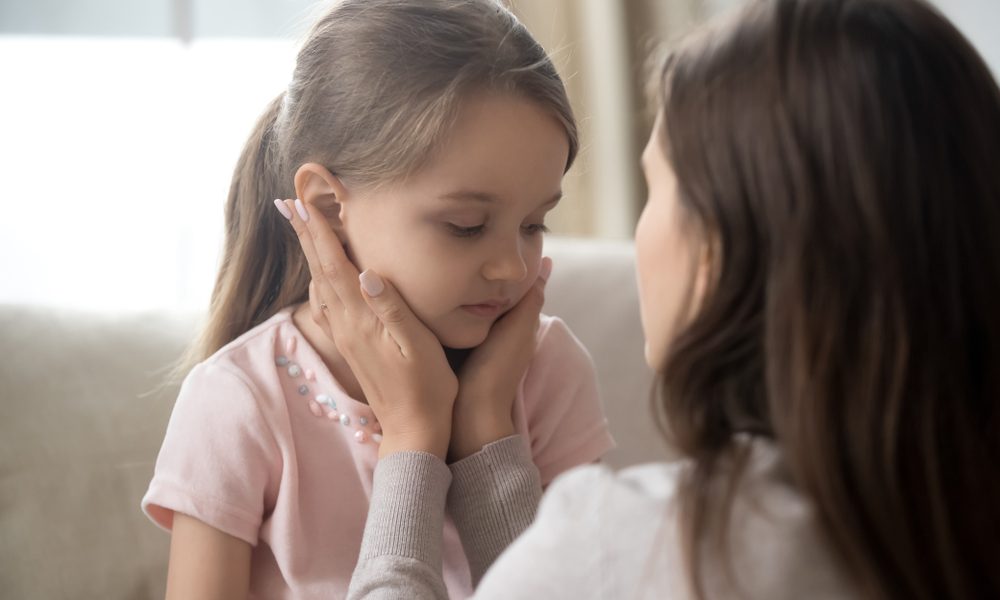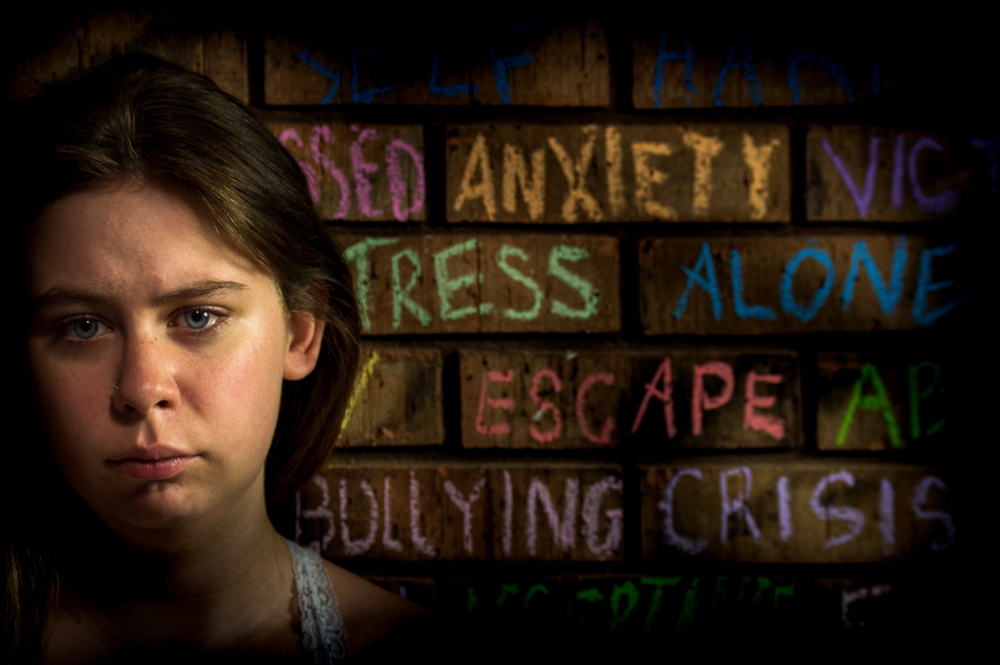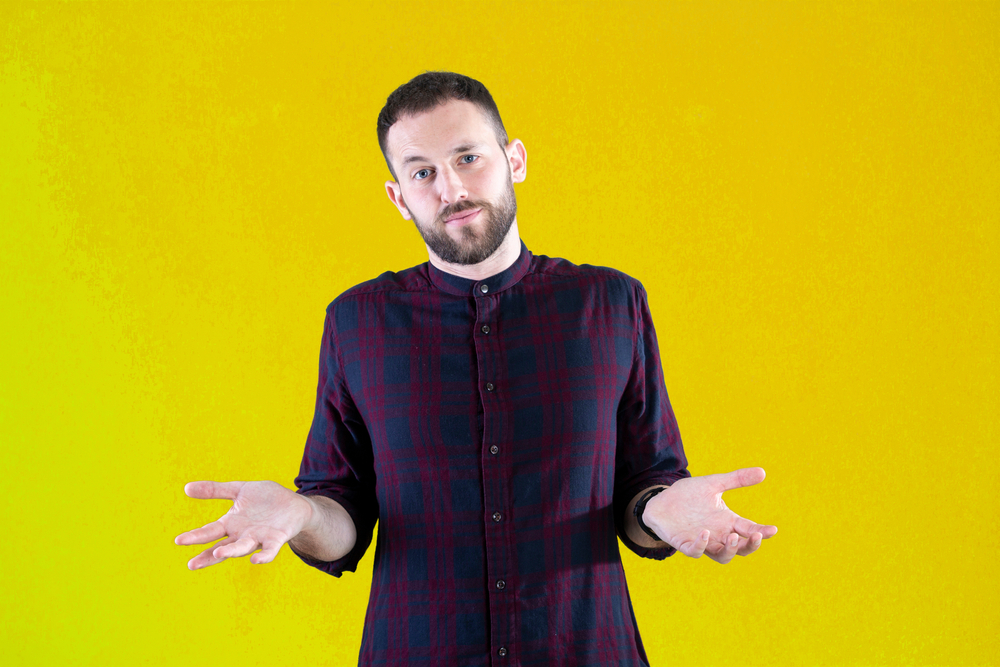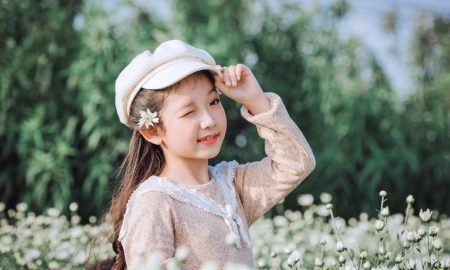
Childhood Emotional Trauma Can Affect You As An Adult

Children who witness violence by their caretakers or physical neglect during their early growing years will exhibit the signs of trauma as adults. Children have a different mechanism to understand the meaning of the events they witness and experience. The definition they draw helps them to cope with the trauma during their growing years. However, they could face problems as adults if they don’t change their old way of thinking, and this may damage their functionality as adults.
Emotional trauma emanating from childhood has a number of effects. In this article, we will look at how childhood emotional trauma can impact one as an adult.
[su_quote class=”cust-pagination”]“The greater a child’s terror, and the earlier it is experienced, the harder it becomes to develop a strong and healthy sense of self.” ― Nathaniel Branden [/su_quote]
Children Create A False Sense Of Belief In Themselves

ambrozinio/Shutterstock
Childhood trauma therapists have observed numerous patients who carry emotional wounds from childhood into adulthood. The wounds reveal themselves because they are created by a false self-belief.
Children expect loved and care from their parents. When parents do not respond according to their thoughts, they try to change their behavior to draw attention from their parents— they bury the feelings they have in their mind to create a false self to get their needs met. They bury their emotions and lose touch with who they are because their feelings are an integral part of themselves.
Also, they lead a terrified life believing they will no longer be cared for, loved, or accepted if they drop the mask. Adults who encounter this problem must talk to a therapist who specializes in childhood trauma to help them reconnect with their feelings and express their emotions. This will make them feel safe and whole.

Neal Bryant/Shutterstock
The Thinking Of Victimhood
When children are victimized, they develop certain beliefs that drive their self-talk. The way they talk to themselves empower or disempower them. Any kind of negative self-talk disempowers them, leading them to believe they have no control over their lives. As such, they begin to feel like victims. They don’t realize that their victimhood during childhood doesn’t follow them into adulthood.
Rather than consider themselves victims of childhood trauma, these children should look at themselves as survivors. Whenever they feel trapped or choiceless, they should remind themselves that they are more and have better control than they believe.

Carlos Banyuls/Shutterstock
Passive Aggressiveness
Children that grow up in families where unhealthy expressions of anger are the norm of the day believe that anger is socially acceptable. Those who witness anger being expressed violently may begin to believe as adults that anger is an expression that must be suppressed. People who witnessed anger being suppressed during childhood may continue with this habit even in their adult lives and suppress their anger instead of expressing it.
When an adult is unable to express his or her anger, they remain angry constantly for no reason. Since they are unable to express their feelings in a straightforward manner, they begin to express their feelings through passive aggressiveness.
[su_quote class=”cust-pagination”]“Childhood trauma does not come in one single package.” ― Asa Don Brown [/su_quote]
Passivity

YAKOBCHUK VIACHESLAV/Shutterstock
Children who were neglected and abandoned by their caretakers or parents may have buried their fear and anger with the expectation that it may never happen to them again. When children develop passivity, they begin abandoning themselves. As adults, they live a passive life and generally do not live to their full potential.
The emotional trauma people experience during childhood makes them bury their feelings in a way that can be damaging. They learn to hide parts of themselves, but the situation changes dramatically when they become adults because they need to express their feelings and receive the guidance for becoming the people they want to be.
More in Mind & Mental
-
`
Here’s Everything You Need to Know About Open Relationships
An open relationship is a consensual arrangement where partners agree to engage in romantic or sexual relationships with other people. Unlike...
June 6, 2024 -
`
Explore the Multifaceted Goals of Meditation
What is the goal of meditation? If you have ever found yourself asking this question, you are not alone. Meditation has...
May 31, 2024 -
`
When is National I Love You Day Celebrated? Mark Your Calendar
Life can get hectic, and sometimes amidst the daily grind, we forget to express our love and appreciation for the phenomenal...
May 23, 2024 -
`
When’s the Best Time of Day to Fish?
For any angler, a successful fishing trip hinges on several factors. But one of the most crucial elements is timing. Knowing...
May 14, 2024 -
`
What Mental Illness Does Britney Spears Have? Discovering the Answer
Britney Spears, a name that resonates with millions around the globe, goes far beyond the glitz and glamour of her stardom....
May 7, 2024 -
`
Here Are Some Easy Ways To Say No To Unrealistic Expectations In Your Relationship
If you are in a relationship, you should constantly work on improving it. Some early lovebirds fall in love too quickly...
May 3, 2024 -
`
Therapy? Medication? What Are the Treatments for PTSD
Post-Traumatic Stress Disorder (PTSD) is a common after-effect of traumatic events. It can be a debilitating condition, but the good news...
April 25, 2024 -
`
Courting vs Dating – Which Relationship Path is Right for You?
In today’s fast-paced world, the terms ‘courting’ and ‘dating’ often swirl around in conversations about relationships. While some people may use...
April 23, 2024 -
`
Essential Mexico Travel Tips for a Seamless Adventure
Mexico, a land of vibrant culture, breathtaking landscapes, and mouthwatering cuisine, beckons travelers from across the globe. But before you embark...
April 16, 2024















You must be logged in to post a comment Login